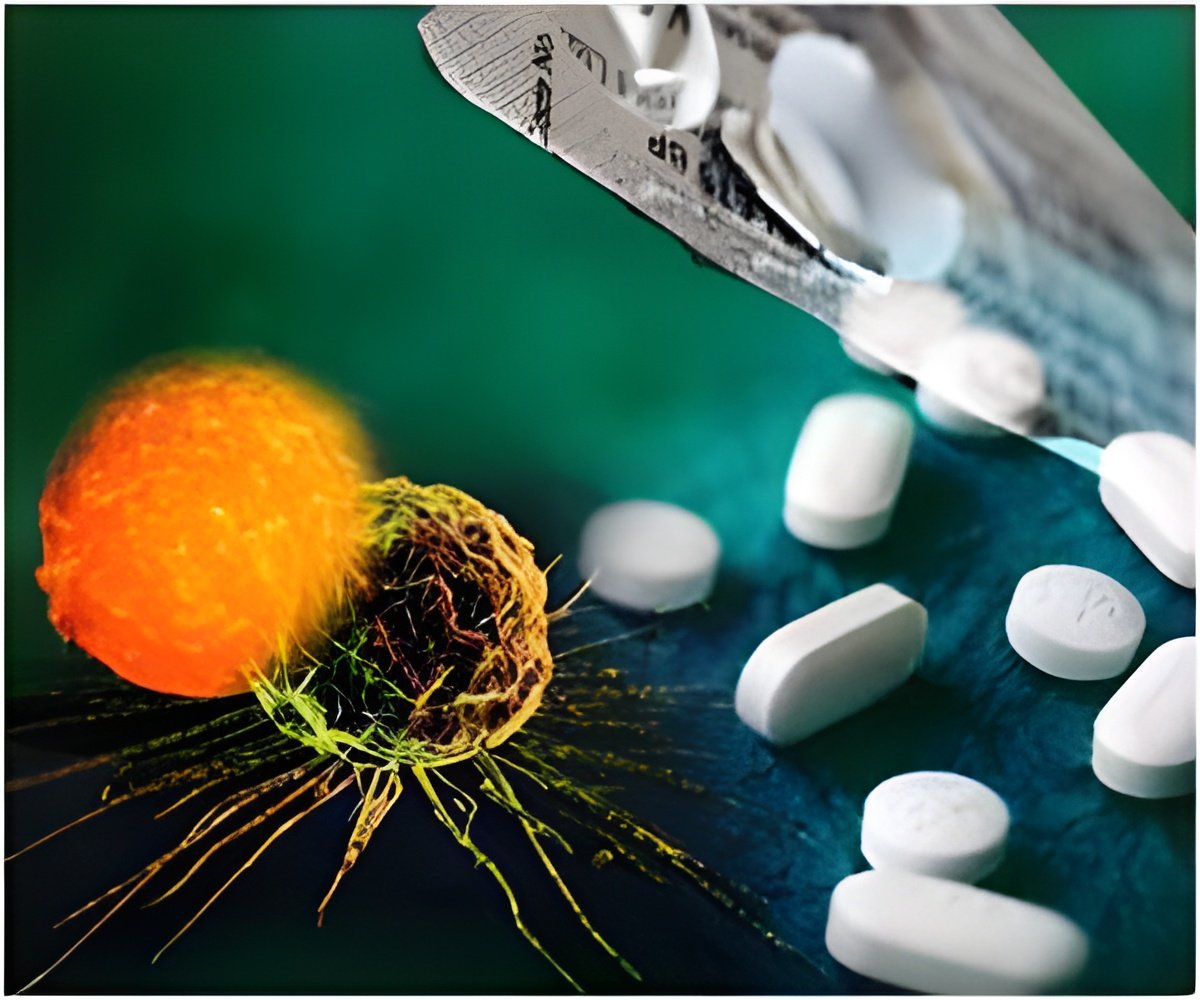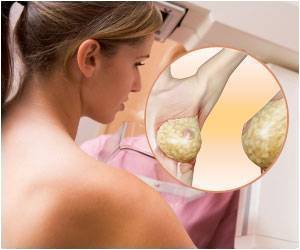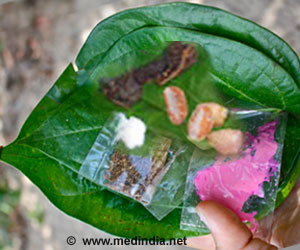
When the scientists gave low doses of the compound to mice with a form of colon cancer, they found that it inhibited tumour growth without the overall poisonous effect of the natural product.
Even at relatively high doses, the agent was effective and safe.
"Sometimes nature needs a helping human hand to further optimise these products of evolution to treat human diseases," said Hendrik Luesch, Ph.D., an associate professor of medicinal chemistry at UF's College of Pharmacy.
The researchers synthesized several apratoxin compounds that were similar to the original except for slight differences in composition, designing one that proved to be extremely potent against the cancer cells in cultures and in mice, but without the overwhelming toxicity.
The compound acts as a single agent to reduce levels of two types of proteins that are targeted by cancer research labs around the world - growth factors, and enzymes called tyrosine kinases, which act as receptors for the growth factors.
Advertisement
The scientists published their findings in ACS Medicinal Chemistry Letters.
Advertisement















